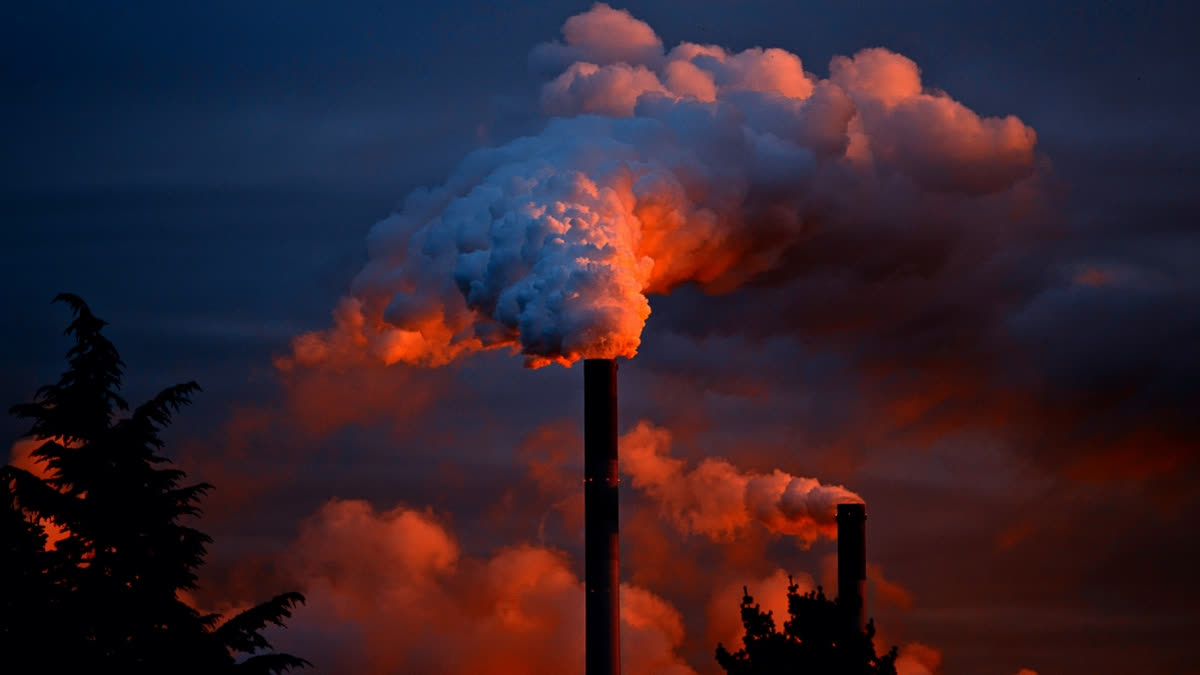New Delhi: Calling for strategies to tackle residual emissions, scientists said they would need to be balanced by carbon dioxide removal techniques to meet net-zero goals, meaning that greenhouse gases (GHG) entering the atmosphere are offset by those being removed. Residual emissions are those that remain after efforts to eliminate GHG emissions have been implemented. For example, agriculture and shipping industries are likely to continue releasing GHG in the atmosphere, even with concerted efforts towards eliminating emissions.
"Our plans are not adequate to meet the goal of limiting the earth's temperature increase to no more than 1.5 degrees Celsius by 2050," said lead researcher Holly Jean Buck, assistant professor of environment and sustainability, University of Buffalo, New York, US. Buck and her international team argued for a better understanding of residual emissions in their paper published in the journal Nature Climate Change.
They said that according to long-term strategies of countries, the average level of residual emissions by 2050 will be 18 per cent of the current levels. They also found that only 28 out of 50 of these countries even quantified the amount of residual emissions expected by 2050. Buck and her colleagues have identified several steps necessary to tackle the problem of managing residual emissions, critical to achieving the net-zero goal.
Also read:North India major groundwater depletion hotspot with 95 per cent of country's loss: IIT-GN study
The first step, they said, was to develop clear projections for the amount of residual emissions. Identifying the amount, source and the type of gas was important so that appropriate offsetting strategies could be developed. Such strategies, they said, included enhancing existing carbon sinks, which absorb more carbon from the atmosphere than they release. Naturally occurring ones include the ocean, forests and soil.
"We can enhance carbon sinks," Buck said. "We can plant trees, we can conserve land, we can engineer carbon removal, but it's not enough to bring us to net-zero by 2050 with these projections of residual emissions." Further, they also said that clarifying issues surrounding carbon-emitting activities such as aviation and shipping, which are generally seen as hard to abate, establishes the groundwork for including residual emissions in strategies to achieve net zero by 2050. Net-zero also needs to be clarified as a temporary target or as a permanent fix requiring permanent offsetting.
Residual emissions are an obstacle to achieving the net-zero goal of emissions, not meeting which could see more frequent floods, devastating heat waves and extreme economic damage from extreme weather, according to the scientists. To limit the earth's temperature increase, the United Nations' panel of scientific advisors says that the world must reach net-zero greenhouse gas emissions this century. Greenhouse gas emissions are a major cause of the rise in temperature. (PTI)
